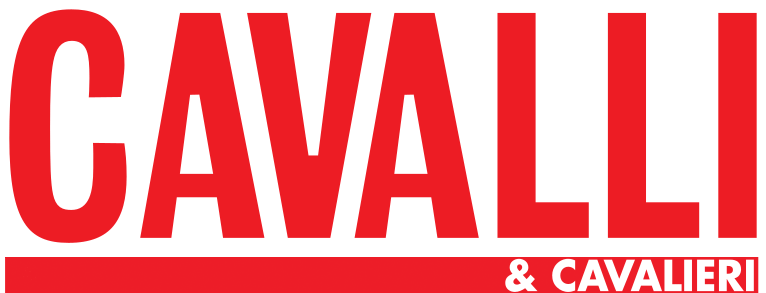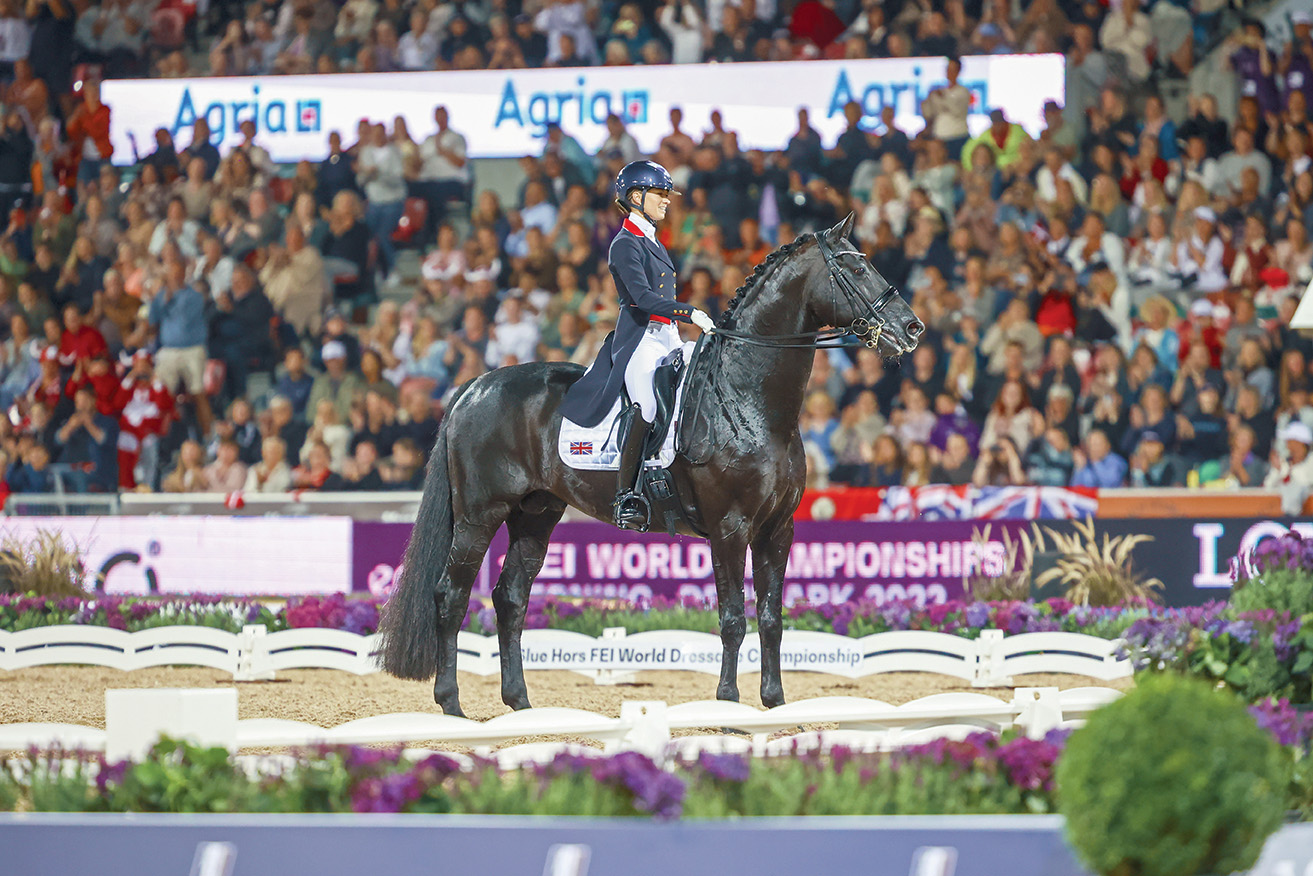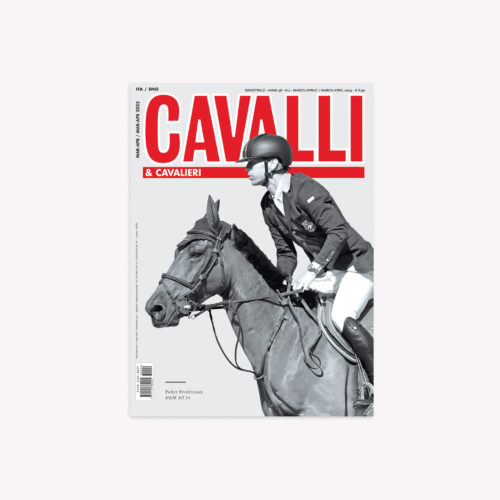Dressage e Para Dressage: the figure of the ‘Career Manager’
by Laura Conz
Sports have assumed considerable importance in today’s society, so much so that even the European Community has been paying increasing attention to sporting issues for some years now. Nowadays the sporting world is much more complex than in the past. Athletes have many opportunities for comparison as there are many more competitions and more circuits to choose from. Competitive commitments are ‘all year around’ and rest times have significantly reduced.
National and international regulations are constantly evolving and relationships with the media can’t be neglected.
Not just sport results
A top-level professional athlete must manage his career like a director runs his company. Results are just one of the aspects that need to be taken into consideration, even if it is certainly the most important. Today the rider/athlete must establish a healthy relationship with the media and must satisfy the ever-growing visibility needs of the sponsors. Even the virtual world of social media imposes continuous public monitoring of rider’s sporting life. These days a professional must constantly work on the quality of his image and the message he wants to convey.
Why a Career Manager?
These days it is no longer just the scores that make all the difference between a successful career and a second-rate one. So, while taking care that performance remains the main objective of every athlete’s Personal Trainer, there must be a new figure able to follow all other aspects, freeing the athlete from these new duties of the modern sport and leaving him the opportunity and time to concentrate on his own and his horses’ fitness.
The ‘Career Manager’ has become key, both in the management of the activity of the athlete’s schedule, medium and long term, and in the preparation and planning of the shows to which the Rider takes part.
The Career Manager is essential both in the management of the horse and in the organisation of the team of specialists behind horse and rider, trying to optimise their performance, competitive results and a better quality of life.
Team Organisation around the athlete/horse
The organisation around an athlete is complex, given the difference between his needs and the horse’s. It’s important to keep in mind that the higher the technical level of the combination, the greater the number of professionals will need to be involved.
Below the list:
FOR THE HORSE:
• Generic Vet
• Specialist Vet
• Groom
• Farrier
• Saddle fitter
• Nutritionist
• Osteopath
• Physiotherapist
• Horse box driver, mechanic for horse box maintenance. (For para- dressage riders it is important to have someone who can manufacture disability specific equipment (e.g., saddler, welder, carpenter etc.)
• Choreographer for FREESTYLE tests
FOR THE RIDER:
• Mental coach
• Physiotherapist
• Sport Coach
• Nutritionist
• Anti – doping specialist
• ‘Discipline specific’ coach
The figure of Career Manager
The Career Manager has the purpose of supporting the career and the development of the athletes of all different disciplines, both for dressage and para-dressage. He will need to plan and coordinate all the organisational aspects connected to the rider’s career and participate to the increased level of performance needs of the athlete by organising a schedule and allowing him to concentrate solely on the development and improvement of his skills and abilities, both in the training and competition phases.
The Career Manager’s main responsibilities:
• To plan with the rest of the team all training activities, the competition program and all organisational and logistical aspects.
• To manage the organisational, informational and relational aspects between the rider and all organisations that revolve around him.
• To manage all relations with the governing bodies, institutions, organisations and to deal with the financial side involved in all competitive activities.
• To solve all organisational, relational, logistical problems that may arise.
• To support the athlete and his team in all career choices.
• To know the rules, regulations and new competition formulas of the International Equestrian Federation and the National Federation.
• A very important skill the Career Manager must have, is knowing how to relate with the competition officials and to have a high standard of knowledge of the English language. The figure of the career manager is extremely complex and requires a lot of commitment and dedication, but it’s there to improve both the athlete’s technical level and his quality of life.
This article is an extract from Cavalli & Cavalieri March/April 2023:





